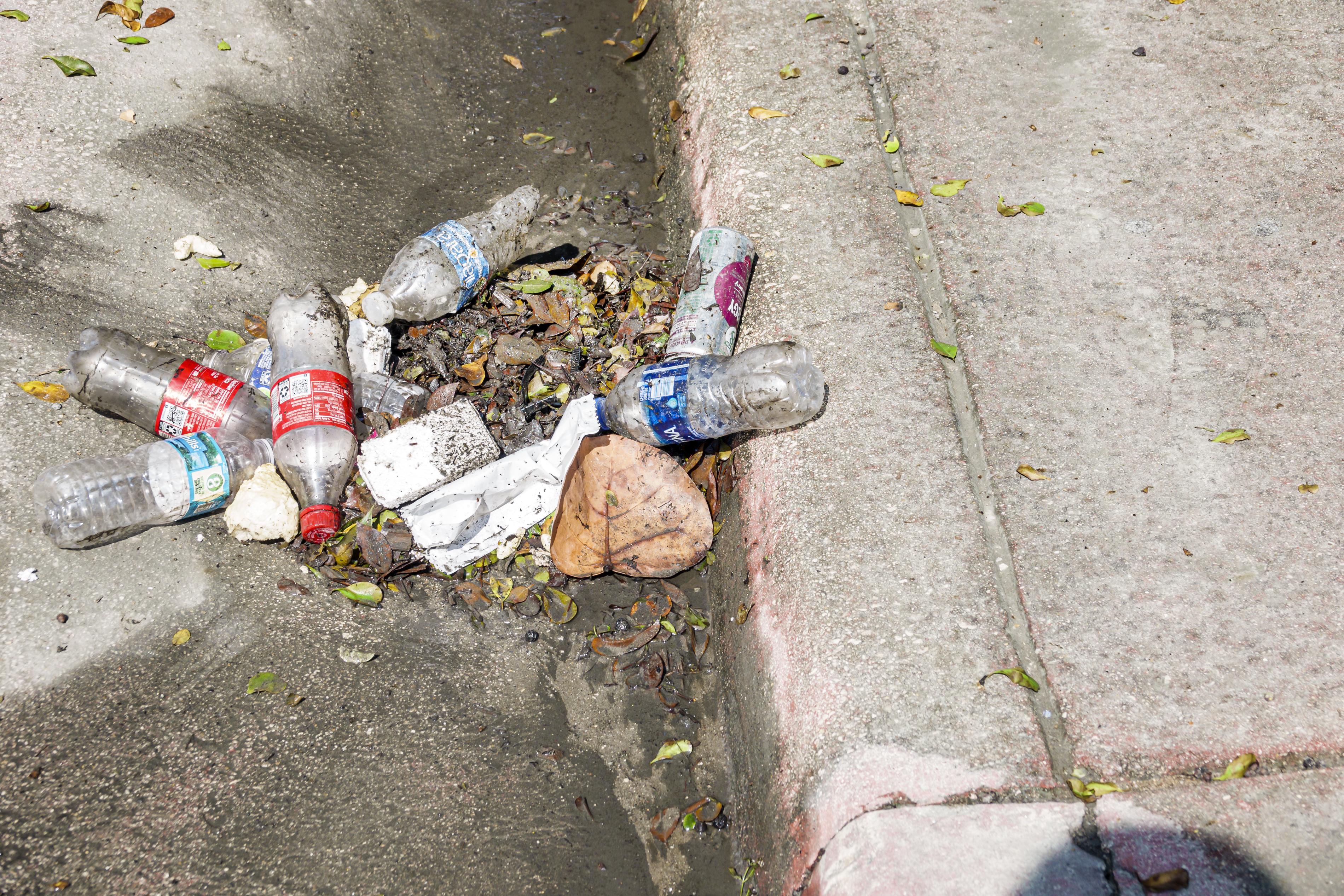In a groundbreaking move, Malaysia will prohibit the importation of plastic waste from the United States starting this Tuesday. This decision stems from America’s failure to comply with the Basel Convention, an international treaty aimed at regulating hazardous waste transfers. The ban could have significant repercussions for California, which has relied heavily on Malaysia as a destination for its plastic waste following China’s 2018 restrictions.
Malaysia’s Role in Global Waste Disposal

Since China implemented its National Sword policy—banning most plastic waste imports in 2018—Malaysia emerged as a primary outlet for American waste. In 2024 alone, California exported approximately 864 shipping containers, totaling over 10 million pounds of plastic waste to Malaysia, making it the state’s second-largest exporter of such materials after Georgia.
New guidelines announced last month by Malaysian authorities stipulate that the country will no longer accept plastic or hazardous waste from nations that have not ratified the Basel Convention. The U.S. is among a small group of countries, alongside Fiji and Haiti, that have yet to sign the treaty designed to minimize the international movement of hazardous waste.
While Malaysia will still accept plastic waste from countries that are Basel signatories, these shipments must undergo pre-inspection at their origin. This change signifies a strict stance against unregulated waste exports, reflecting Malaysia’s commitment to improving its environmental standards.
Immediate Impact on Shipping Ports and Waste Management

The impending ban has already begun to disrupt waste export routes significantly. Steve Wong, CEO of Fukutomi, a global plastic recycling firm based in Hong Kong, noted in an email shared with The Times that “scrap inventories are building up at ports and yards.” He observed that without clear guidance on the enforcement of Malaysia’s new regulations, the market for imported plastic waste has effectively ground to a halt.
Wong elaborated that the upcoming ban particularly affects plastics commonly used in grocery bags, trash can liners, and food wraps. “The scrap plastics market in Malaysia has come to a virtual standstill amid tightening import regulations and widespread uncertainty,” he wrote. Reports indicate minimal to no movement of plastic waste among recyclers, traders, and suppliers as the July 1, 2025 deadline approaches.
Officials at various California ports expressed surprise regarding the impending ban. A spokesman for the Port of Los Angeles claimed he was unaware, while officials at Long Beach did not respond immediately. An Oakland port representative suggested that their facility had not traditionally handled substantial amounts of plastic waste, implying minimal impact from this legislative change.
Advocates Rejoice Over Malaysia’s Decision

Environmental advocates have heralded Malaysia’s ban as a critical step towards addressing global plastic pollution. Jim Puckett, founder and chief of strategic direction for the Basel Action Network, praised Malaysia’s efforts, stating, “The ‘recycling’ is doing more harm than good as only a fraction of the exports ever get recycled.” He emphasized that many unrecyclable plastics end up in landfills or are burned, releasing harmful toxins into the environment.
Data from California’s waste agency, CalRecycle, indicates that the state exported a total of 11.3 million tons of recyclable materials overseas in 2022, including around 100 million pounds of scrap plastic. However, figures from the Basel Action Network suggest that over 10 million pounds of this plastic was sent specifically to Malaysia.
Despite the influx of waste to Malaysia in recent years, CalRecycle’s spokesperson highlighted a significant decline in plastic exports. Maria West, communications director at the agency, noted that exports fell from approximately 421,000 tons in 2018 to just 8,000 tons (around 16 million pounds) in 2024.
Systemic Issues in California’s Waste Management
Critics argue that California’s waste management system has contributed to increased exports of waste overseas due to a law enacted in 1989 mandating cities to divert waste from landfills. Following China’s ban on imports, much of California’s plastic waste was diverted to economically disadvantaged countries like Malaysia and Vietnam.
While some of the exported plastic is processed for recycling, a significant portion ends up incinerated or in landfills, where it threatens waterways and marine life. Advocacy groups like the Basel Action Network aim to reduce the international transfer of contaminated non-recyclable plastics from wealthier countries to those less equipped to handle such waste.
Jan Dell, president of the Laguna Beach-based organization LastBeachCleanUp, commended Malaysia’s decision and urged all stakeholders involved in plastic waste – including cities, waste companies, brokers, and shipping firms – to respect Malaysia’s laws and discontinue relevant shipments. “The plastic waste must NOT be re-rerouted to other poor countries,” she insisted.
Legislative Changes in California
In 2022, California Governor Gavin Newsom signed Senate Bill 54, a landmark piece of legislation intended to foster a circular economy for single-use plastics. This law imposes stricter regulations on plastic waste exports, requiring manufacturers to ensure responsible recycling and composting practices to mitigate environmental harm.
CalRecycle is currently drafting the regulations necessary for implementing this new law. West confirmed that any material classified as recycled must go to responsible end markets to guarantee it does not end up as landfill waste.
As Malaysia prepares to enforce its ban on U.S. plastic waste imports, the implications for California and broader global recycling practices become increasingly evident. The shift highlights ongoing challenges in managing plastic waste and points to the urgent need for systemic reform in both local and international waste management frameworks.
